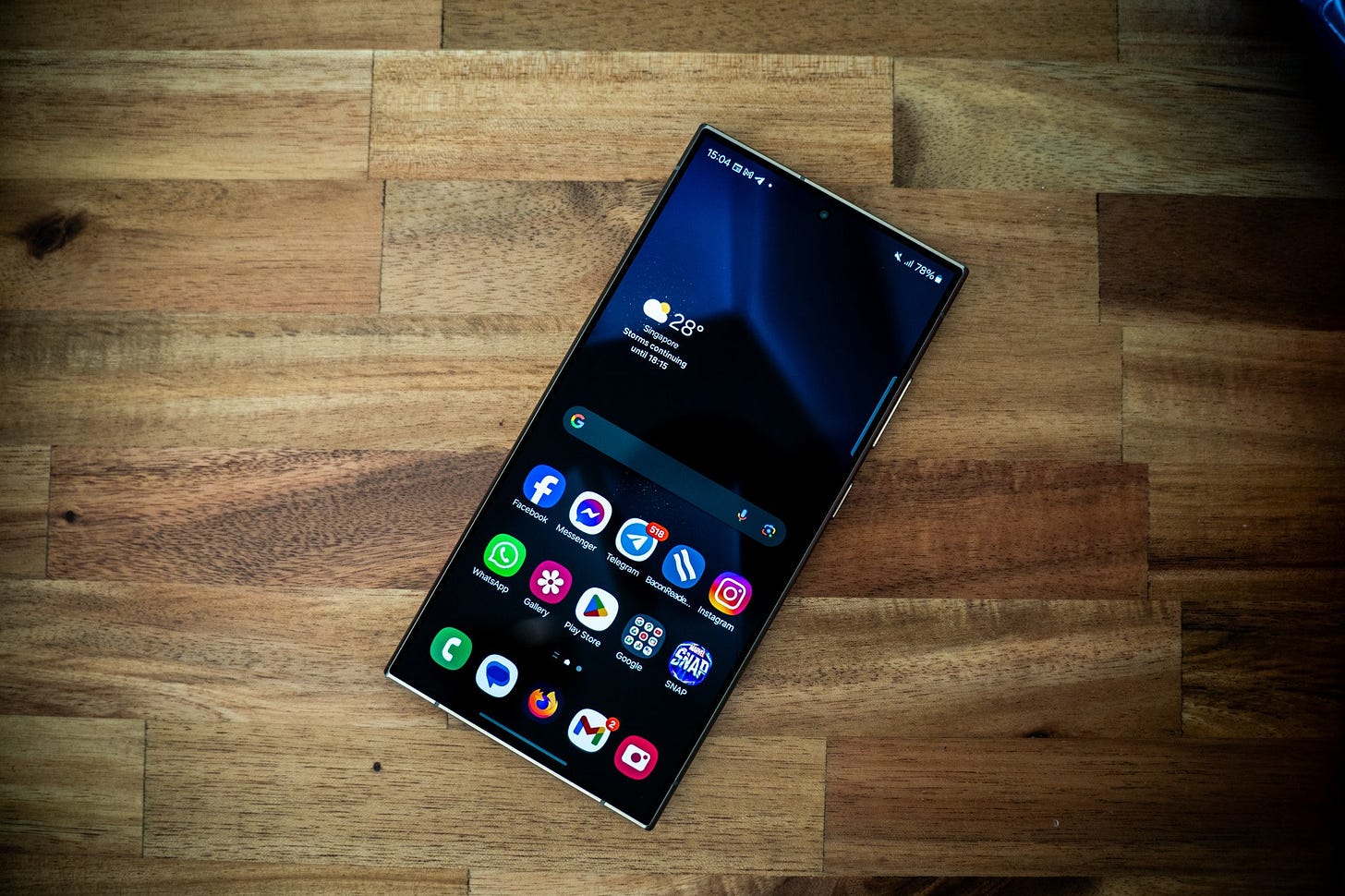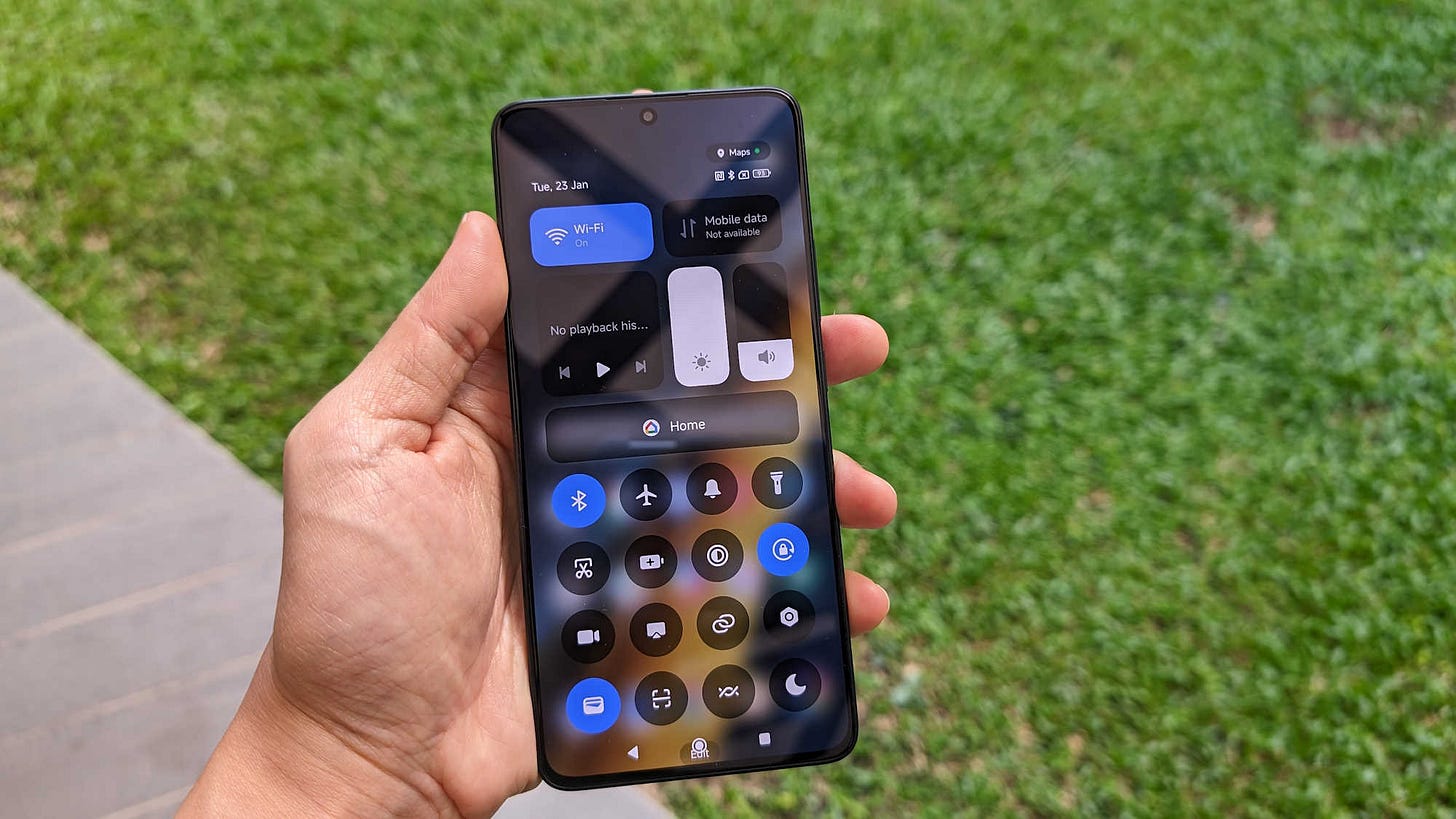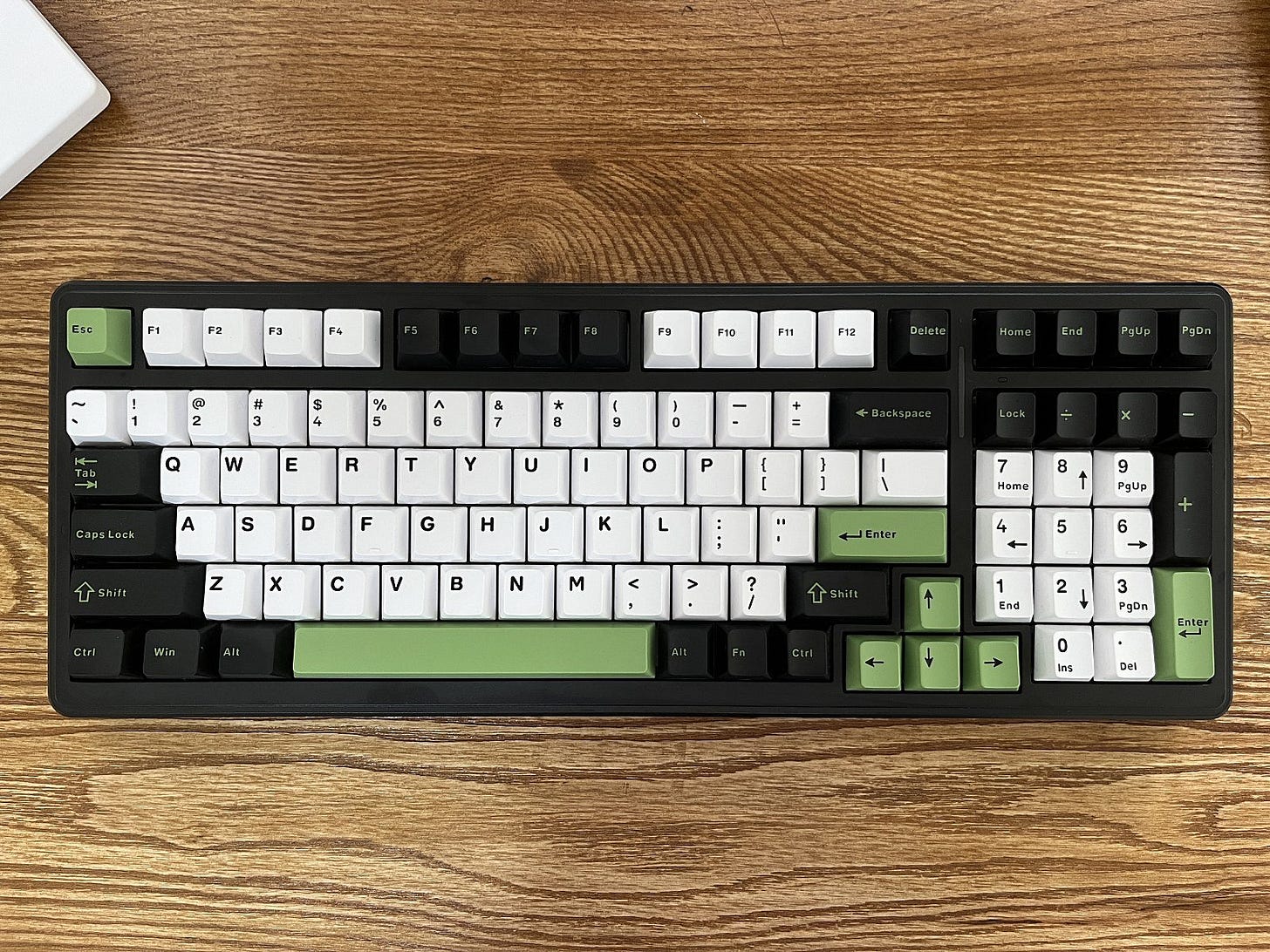Chipping at the walled garden
Apple not giving up restrictive policies in the EU without a fight
Last week, Apple announced that it will allow customers living in the EU to download apps without using its own App Store. It’s one of the concessions that the US tech giant has grudgingly made to be compliant with the EU’s Digital Markets Act. So-called gatekeepers — large, powerful tech firms, including Amazon, Apple, and Alphabet, that are deemed to control “core platform services” — will be obliged (from 6 March) to abide certain provisions in order to promote fairer competition in the digital economy.
Among the other changes involving the Apple App Store: Browser makers like Firefox would be able to use their own engine, instead of WebKit, which powers Apple’s Safari browser. Game streaming apps like GeForce Now and Xbox Game Pass will finally be allowed in the App Store as a full-fledged app, not a browser-based app — this applies worldwide, not just the EU.
But Apple isn’t giving up without a fight. Besides complaining that the App Store changes will increase the risks for developers and users to malware, illicit content, and privacy threats, the tech firm also said that it will charge developers a “core technology fee” of €0.50 per annual app install for apps that exceed 1 million annual installs in the EU.
Unsurprisingly, there has been a backlash. Epic Games CEO Tim Sweeney has dubbed the new rules “malicious compliance”. Spotify bluntly calls it “extortion, plain and simple”. Firefox developer Mozilla bemoaned that it will have to juggle different browser versions — one for the EU and another for the rest of the world. Microsoft, too, has chimed in. Of course, the EU will have the final say on whether Apple’s changes are acceptable. One thing’s for sure, this is far from over. Hopefully, other governments will be watching this closely. After all, the EU did force Apple to ditch its proprietary Lightning port on the iPhone for USB-C.
In our latest reviews, we covered one of the best Android phone you can buy now, a capable mid-range phone for those who value performance, and a mechanical keyboard that sounds amazing.
Samsung’s flagship Galaxy S24 Ultra gets a big AI boost that introduces helpful features like chat and call translation, generative AI photo edits, and more. The S Pen stylus is also handy for the new Circle to Search feature. Meanwhile, the hardware is excellent as usual, even with a switch to a lower 5x optical zoom (but higher resolution) telephoto lens. It’s an early contender for best 2024 Android smartphone.
Looking for a mid-range phone, and concerned mainly about performance? The Poco X6 Pro 5G is a good pick. It offers a smooth, responsive experience, good battery life, as well as a bright, and crisp display. The cameras are just decent, and night shots aren’t great. But overall, it’s a great mid-range package.
The Aula F99 Gasket Mechanical Keyboard punches way above its price point (around S$90). It’s solidly built, with PBT double-shot keycaps that feel great to type on. It also sounds amazing, with a muted, low-pitched typing sound that won't bother your neighbours. And you can use it wired, Bluetooth or 2.4GHz, powered by a massive 8,000mAh battery.







